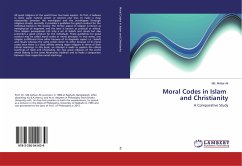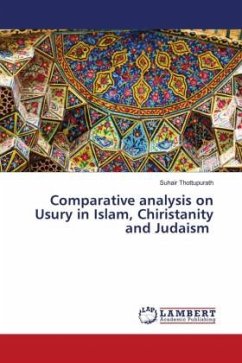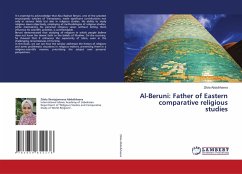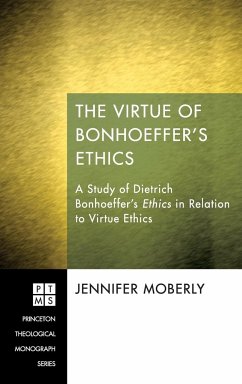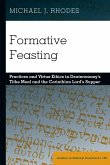All great religions of the world have two basic aspects. At first, it believes in some super natural power or powers and tries to make a close relationship between the worshipper and the worshippee (through religious rituals); secondly, it provides a guideline for good conduct for the individual beings in the society. The former aspect of religion is known as metaphysical or dogmatic and the later is known as practical or ethical. Thus religion presupposes not only a set of beliefs and rituals but also prescribes a good conduct for the individuals. These guidelines for good conduct may be called moral codes or moral precepts. In true sense, one religion is different from other because of its dogmatic aspect i.e., beliefs and rituals whereas the same comes closer to other because of its moral codes since there is a close affinity among major religions in terms of their ethical teachings. In this book, an attempt is made to explore the ethical teachings of Islam and Christianity, the two great religions of the world which belong to the same Abrahamic tradition and to make a comparison between their respective moral teachings.
Bitte wählen Sie Ihr Anliegen aus.
Rechnungen
Retourenschein anfordern
Bestellstatus
Storno

